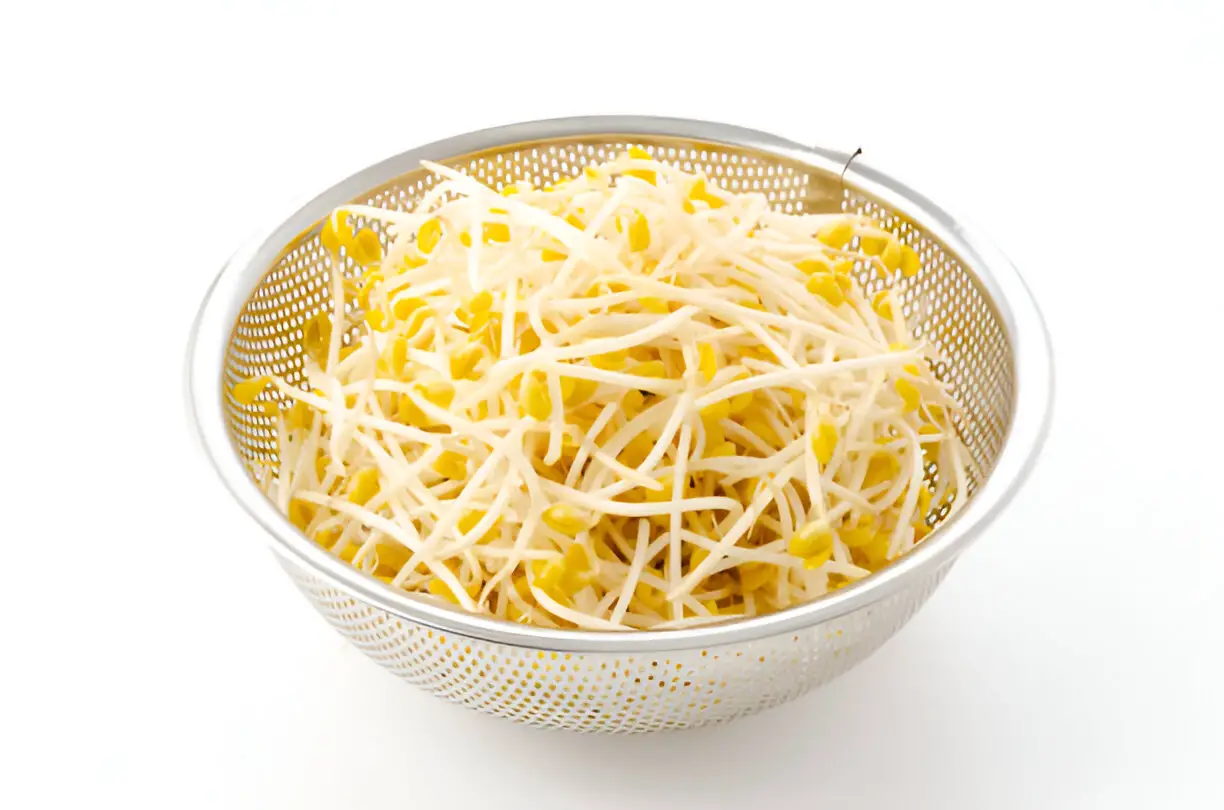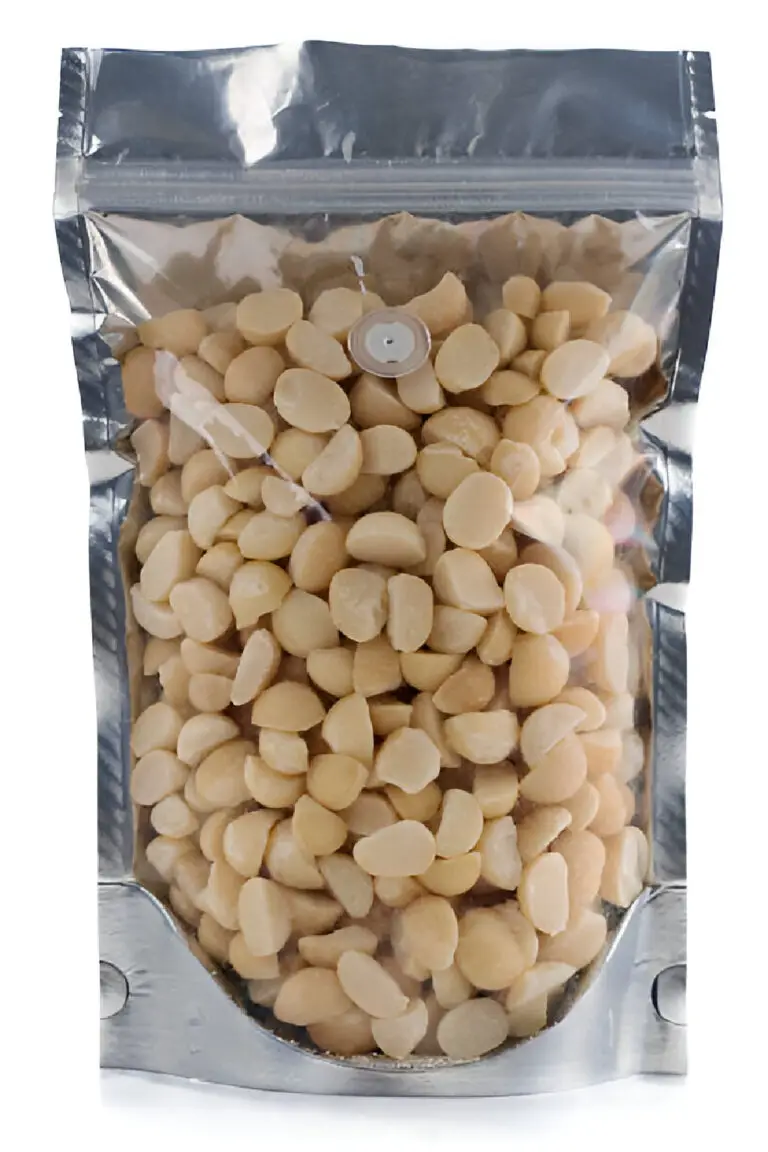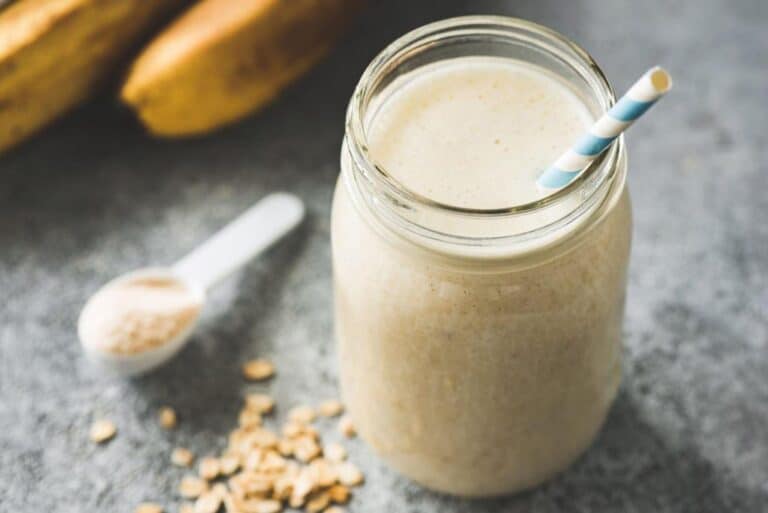What Happens to Your Body When You Eat Sprouts Daily?

There’s something truly magical about sprouts—tiny, crunchy, and packed with nutrients. It’s like biting into a fresh burst of energy, straight from nature’s pantry. I’ve always loved sprinkling them into my meals. Whether it was jazzing up a sandwich, tossing a handful into a salad, or mixing them into a sizzling stir-fry, sprouts were my go-to for a little extra texture and nutrition. But it wasn’t until I committed to eating them daily that I truly felt their full power.
My body responded in ways I didn’t expect—more energy, better digestion, even a clearer mind. Honestly, these humble little sprouts turned out to be heavy hitters in my health routine.
So here’s the big question: what really happens when you start eating sprouts every single day? Are they just crunchy little sidekicks, or do they have more to offer than meets the eye?
In this post, I’ll share exactly what changed for me after adding sprouts to my daily diet—physically, mentally, and even emotionally. If you’ve ever stood in front of your fridge, eyeing that container of sprouts and asking, “Are these actually doing anything?”—this one’s for you. Let’s dig in and see why these tiny greens might just be the secret weapon your body’s been craving.
The Nutritional Powerhouse of Sprouts

Sprouts, particularly those like mung beans, alfalfa, and broccoli, pack a serious punch when it comes to vitamins and minerals. They’re often overlooked, but these small veggies should definitely have a regular spot on your plate. Packed with antioxidants, vitamins A, C, and K, and a healthy dose of fiber, eating sprouts daily can give your body the kind of support it needs to function at its best.
What Makes Sprouts So Special?
- Loaded with Nutrients: Sprouts are rich in vitamins and minerals like Vitamin C, Vitamin K, folate, iron, and magnesium.
- Low in Calories: If you’re looking to maintain or lose weight, sprouts are your friend. They’re low-calorie, but high in nutrients.
- High in Fiber: Fiber is key to good digestion, and sprouts provide plenty of it.
- Enzymes for Digestion: Eating sprouts activates enzymes that aid in breaking down food, helping your digestive system work smoothly.
The Health Benefits of Eating Sprouts Every Day
Eating sprouts daily can have a wide range of positive impacts on your body. From boosting your immune system to improving digestion, the benefits are undeniable. Here’s how these tiny power foods help:
1. Boosts Immune Function
Sprouts are like little soldiers for your immune system. They’re packed with antioxidants, which fight off free radicals and protect your cells. The Vitamin C content in sprouts helps to fortify your immune defenses and keeps you feeling energized. So if you’re looking to fend off those pesky colds, a daily serving of sprouts might just be the secret weapon you need.
2. Improves Digestion
If you’ve been struggling with digestion issues, adding sprouts to your diet can work wonders. The high fiber content in sprouts promotes healthy digestion by improving gut health and regularity. This is especially true for alfalfa and mung bean sprouts, which help balance the good bacteria in your gut, making digestion more efficient.
3. Supports Weight Loss
When you’re trying to shed some pounds, the last thing you want is food that’s heavy and lacks nutrients. Enter sprouts. They’re low in calories but packed with fiber, meaning they fill you up without adding excess calories to your diet. By incorporating sprouts into your meals, you’re able to snack guilt-free while still getting your fill of vital nutrients.
4. Balances Blood Sugar Levels
Diabetics or those at risk of diabetes might find sprouts particularly beneficial. Sprouts help regulate blood sugar levels thanks to their low glycemic index. Mung beans, for instance, are known to stabilize glucose levels, preventing those pesky sugar spikes and crashes that can leave you feeling sluggish.
5. Promotes Heart Health
Heart disease is no joke, but eating sprouts daily can help. Many types of sprouts, like broccoli and lentil sprouts, are loaded with fiber and antioxidants that help lower bad cholesterol and reduce inflammation. By improving cholesterol levels, sprouts can reduce your risk of heart disease.
Is Sprouts Good for High Blood Pressure?
Sprouts, particularly broccoli sprouts, can be a great addition to your diet if you’re managing high blood pressure. These tiny green powerhouses are rich in compounds like sulforaphane, which research suggests may help lower blood pressure. By supporting the body’s natural detox processes, they also assist in reducing the risk of cardiovascular diseases and stroke.
Not only do broccoli sprouts offer heart-healthy benefits, but they may also help protect the arteries from damage. The antioxidants found in these sprouts can improve circulation and strengthen blood vessel walls, which can make a noticeable difference in managing hypertension over time.
Incorporating sprouts into your daily meals could be as simple as adding them to salads, sandwiches, or stir-fries. They not only enhance the flavor but also pack a punch of nutrients that support your heart health.
Whether you’re dealing with high blood pressure or simply looking to boost your cardiovascular system, these sprouts can be a delicious and nutritious choice.
The Best Sprouts to Eat Every Day
Not all sprouts are created equal. Some have more health benefits than others, depending on your needs. Here’s a list of the best sprouts you can add to your daily routine:
| Sprout | Best For | Nutrient Benefits |
| Mung Bean Sprouts | Weight loss, immune support | High in Vitamin C, low in calories |
| Alfalfa Sprouts | Digestion, weight loss | High in fiber, rich in antioxidants |
| Broccoli Sprouts | Cancer prevention, heart health | Packed with sulforaphane, good for heart health |
| Lentil Sprouts | Blood sugar regulation, heart health | High in protein, rich in folate and fiber |
| Chickpea Sprouts | Protein boost, digestion | High in protein, aids digestive health |
How to Incorporate Sprouts Into Your Diet
The best part about sprouts is how versatile they are. You don’t need to stick to one type—you can mix and match! Here are a few ways to add sprouts to your meals:
- In Salads: Toss a handful of sprouts into your salad for added texture and flavor.
- On Sandwiches or Wraps: Replace lettuce with sprouts for an extra crunch.
- In Smoothies: Blend some alfalfa sprouts into your morning smoothie for a nutrient boost.
- Stir-Fried or Sauteed: Toss mung bean sprouts or lentil sprouts into stir-fries for an extra pop of flavor.
| Related: Try These 7 Crunchy, Flavorful Bean Sprouts Substitutes! |
A Few Things to Keep in Mind
While sprouts are a powerhouse of nutrition, there are a few things to keep in mind before you dive in every day:
- Food Safety: Sprouts can carry bacteria like Salmonella or E. Coli, so it’s essential to buy them fresh and keep them refrigerated. You can also rinse them thoroughly before eating or cook them to reduce any risk.
- Moderation is Key: While sprouts are a fantastic addition to your diet, moderation is important. Eating too many sprouts can lead to excessive fiber intake, which may cause bloating or digestive discomfort.
Conclusion: The Power of Daily Sprouts
Incorporating sprouts into your daily routine can have a transformative effect on your health. From boosting immunity to aiding digestion, they bring a wealth of nutrients and benefits in a tiny, crunchy form. The best part? They’re incredibly easy to add to your meals, and you’ll feel the difference in how your body responds. Whether you’re looking for better digestion, improved skin, or enhanced heart health, adding sprouts to your daily diet is a step toward a healthier you.
Give it a try—your body will thank you!





